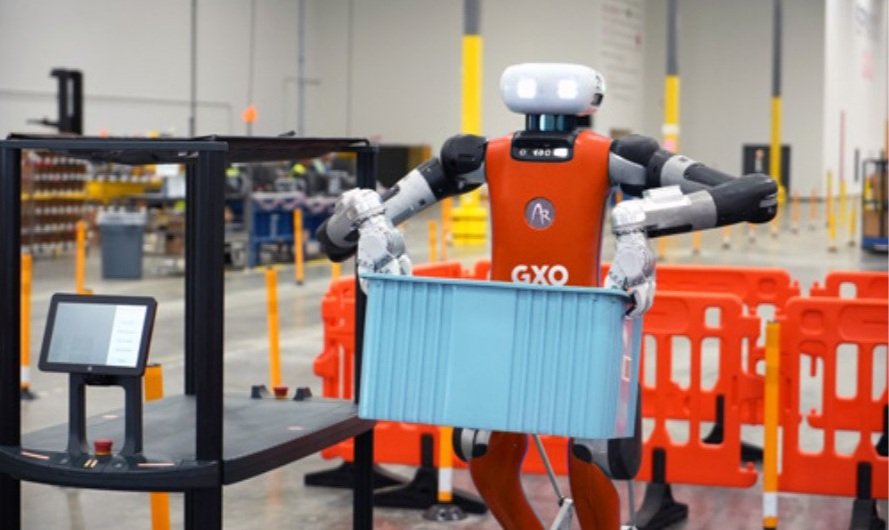Project Europe’s €10 Million Boost for Young Innovators
Image Credit: Mikael Kristenson | Splash
On March 12, 2025, over 120 European tech founders announced the creation of Project Europe, a €10 million fund aimed at supporting entrepreneurs aged 18 to 25. The initiative, led by British venture capitalist Harry Stebbings of 20VC, seeks to provide mentorship and investment to young innovators, with a stated goal of retaining talent in Europe amid ongoing migration to the United States. The fund’s focus includes technology-driven projects, with artificial intelligence expected to feature prominently among supported ventures.
[Read More: Visionaries Speak: Zuckerberg and Ek on Shaping Europe's AI Future]
Funding Details and Participation
Project Europe plans to invest €200,000 in each selected founder, targeting between 10 and 20 individuals per year. In return, the fund will take a 6.66% equity stake in the startups it leads. The initiative has attracted backing from founders of companies such as Klarna, Mistral, and SoundCloud, alongside venture firms like Point Nine and Adjacent. Applications opened on March 12, with the first recipients to be chosen in the coming months. The fund prioritizes early-stage ideas, including those from individuals without fully established businesses, provided they address complex technical challenges—a criterion likely to encompass AI development.
[Read More: Riding the AI Tide: Europe's Ambitious Leap into Next-Gen Combat Aviation]
AI and Technical Innovation
The fund’s emphasis on “solving hard problems with technical solutions” positions AI as a key area of interest. Europe has struggled to produce tech giants on the scale of U.S. firms like Google, and Project Europe’s backers view young founders as a potential source of AI-driven breakthroughs. Companies like Mistral and Hugging Face, known for their AI work, are among the supporters, suggesting expertise in this field will be available to recipients. The initiative does not mandate immediate commercial viability, allowing founders to explore ambitious concepts that could advance Europe’s AI capabilities.
Addressing Talent Migration
A central motivation for Project Europe is the loss of skilled professionals to the U.S., often referred to as a “brain drain”. Stebbings has described this as a “doom loop around Europe”, pointing to the appeal of Silicon Valley’s resources and regulatory environment. The fund aims to offer an alternative by providing capital and support to keep talent in Europe. For the AI sector, this could mean preserving local expertise at a time when global competition for such skills is intensifying.
[Read More: TikTok Ban Advances in the U.S. as AI Innovation Flourishes in Europe]
Support Beyond Funding
In addition to financial investment, Project Europe offers mentorship from experienced tech leaders and access to masterclasses on topics like product development. Annual retreats are also planned to connect participants. For AI-focused startups, this framework could provide guidance on technical and regulatory challenges specific to the field. The involvement of established AI firms among the backers may further enhance this support, though details on the mentorship process remain limited.
[Read More: CitiVerse EDIC Launched in Valencia, Ushering in a New Era for Smart Cities in Europe]
Points of Contention
The initiative has sparked some debate. Critics have questioned the decision to limit eligibility to those under 25, arguing that older founders could also contribute to Europe’s tech growth. Others note that €10 million may be modest compared to the funding required to build major tech firms, particularly in AI, where development costs can be high. There’s also discussion about whether the fund’s broad tech focus might spread resources too thin to significantly impact AI or other specialized fields. Supporters, however, see the age restriction as a deliberate strategy to tap into youthful creativity, and Stebbings has projected that the fund could help create multiple companies employing 10,000 people within a decade.
[Read More: EU Blocks Chinese AI App DeepSeek Over GDPR Compliance Concerns]
Source: Financial Times, Sifted, Tech.az









